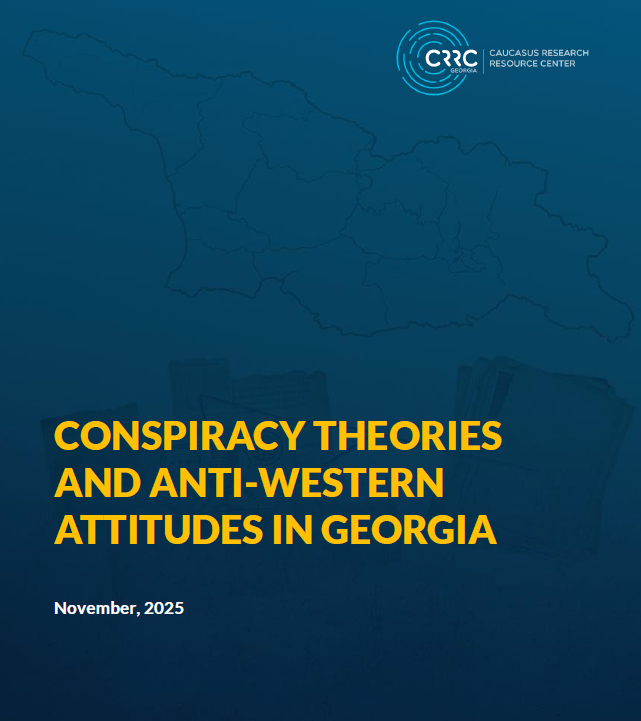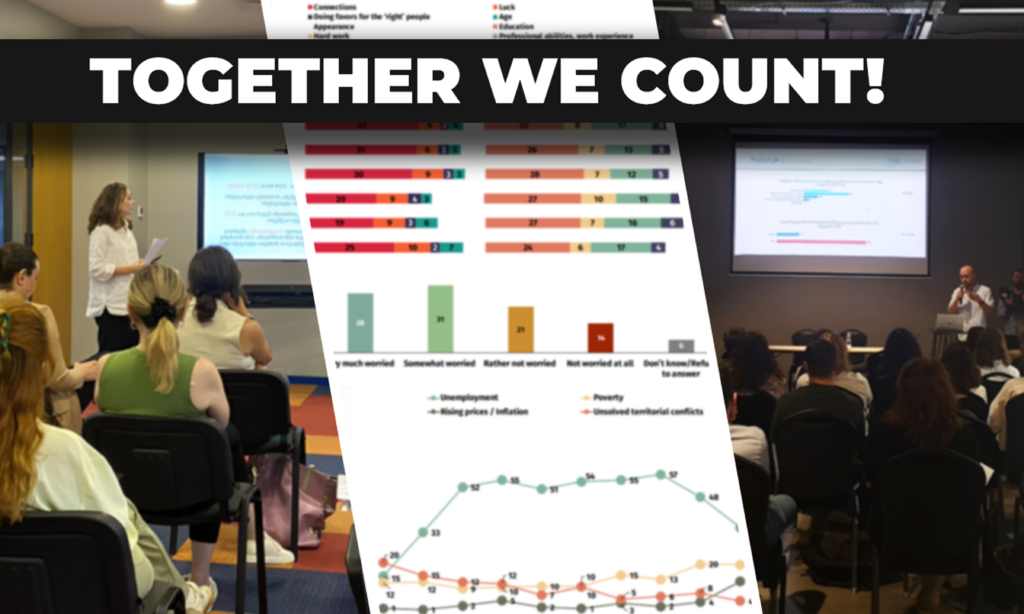[Note: This article was originally published on OC-Media. The text is also available in Georgian here. The article was written by David Sichinava, CRRC-Georgia’s Research Director, and Nino Mzhavanadze, a Junior Researcher at CRRC-Georgia. The views presented in the article do not necessarily represent the views of CRRC-Georgia, the National Democratic Institute, or any related entity.]
In 2018, the Government of Georgia decided to resume mandatory periodic technical inspection of vehicles, which was partially suspended in 2004. From January 2019, all cars are required to pass technical inspection. In 2018, heavier vehicles were required to do so. The change was spurred on by the Association Agreement with the European Union, under which Georgia took responsibility to resume inspections. More practically, the government also began inspections as Georgia’s private vehicle fleet has been recognized as the main source of air pollution in the country. A June 2018, CRRC/NDI survey finds people in Georgia overwhelminglysupport the decision.
To learn whether potential costs associated with the reform such as repairing a vehicle to meet standards the technical inspections require would influence support for the reform, a survey experiment was carried out. Half of the sample (the control group) was asked, “In your opinion, is it necessary or not to have technical inspection of vehicles?” The other half (the treatment group) was asked, “In your opinion, is it necessary or not to have technical inspection of vehicles, as a result of which the car owners may be required to repair their vehicles or buy new ones?”
While these questions were randomly assigned, the share of the supporters of the reform does not differ between the two groups, which suggests that, overall, people’s support for the reform does not vary significantly when reminded of the additional costs that will be associated with the reform.
Clearly, car owners will be directly affected by the reform. However, people living in households that reported owning car(s) (41% of the population) feel enthusiastic about obligatory inspections of vehicles. Similar shares in both car-owning and non- car-owning households answered that technical inspections should be necessary.
People living in Tbilisi (96%) and urban settlements (92%) almost unanimously supported resumption of technical inspection, while residents of ethnic minority settlements were much more (62%) reluctant about the changes. There is no difference between respondents who have different perceptions of air quality. Interestingly, those who perceive the quality of air as completely satisfactory, are more likely to support the introduction of technical inspections if they are exposed to the treatment statement.
Opinions do differ along party lines, however. Those who reported the United National Movement (UNM) as the party closest to them were significantly less likely to report technical inspections were necessary (regardless of being in the treatment or control group).
There is a strong consensus among people in Georgia regarding the need for the newly introduced technical inspections for vehicles. People support the idea even when reminded of the costs associated with the reform. The survey also indicates that attitudes towards the reform significantly differ along party lines, hinting at the politicization of the issue.
The data used in this blog post is available here. Replication code is available here.









